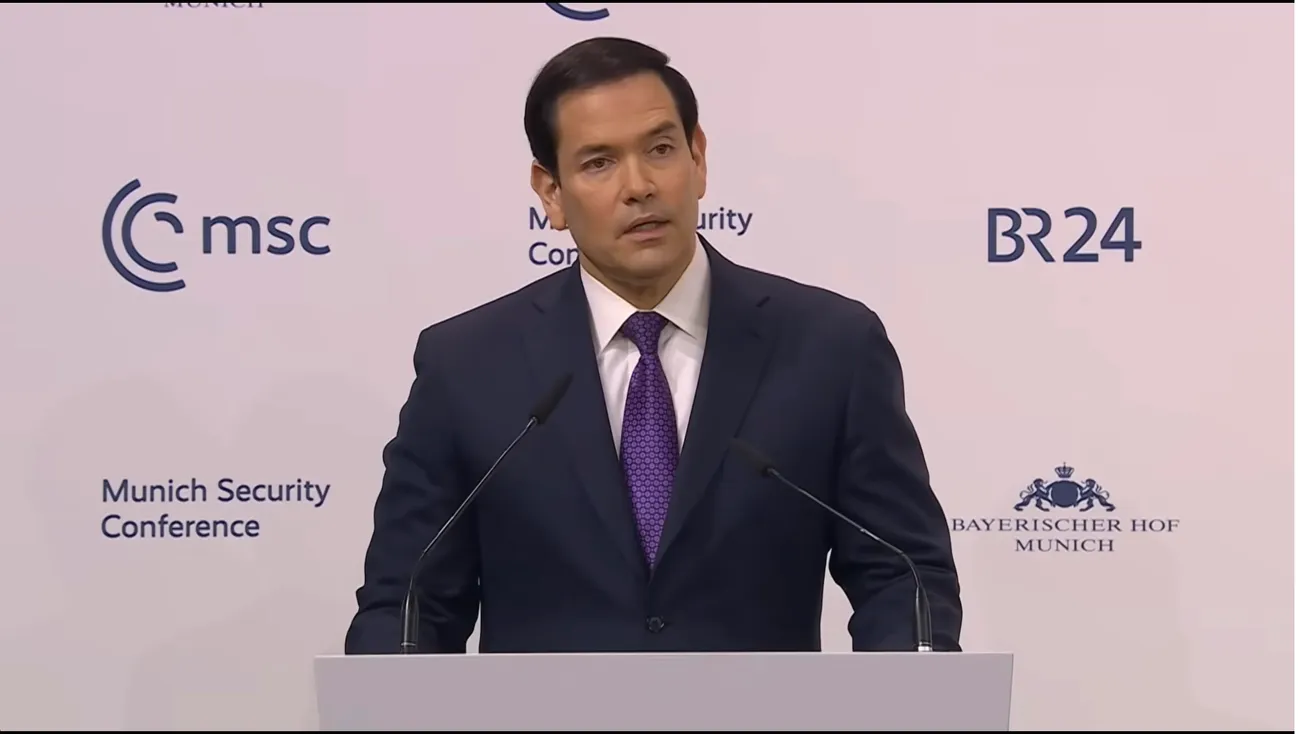As legal filings go, the 27-page one filed by Donald Trump yesterday afternoon was surprisingly readable and refreshingly on-target. The raid on his house was completely unnecessary, given a track record of cooperation with the investigation; and the Department of Justice (DOJ) simply can’t be the neutral arbiter as to which documents seized are “privileged” communications and which documents with classification markings were actually declassified, given its track record in “Russia-gate” of political animus against President Trump and misrepresentations—e.g., to the FISA court—in their political overreach. Clearly, the court needs to appoint a special master to examine the documents.
Trump’s legal team filed suit in the U.S. District Court for the Southern District of Florida, claiming various irregularities that add up to a political witch hunt. One is that the warrant was deliberately “overbroad,” due to the provision allowing the FBI to gather up materials outside a normal warrant but in the proximity of something falling within the warrant. The “Receipt For Property'’ is vaguely-worded, disguising what was taken and from where it was taken. The DOJ informed Trump’s counsel that it turned out that “privileged and/or potentially privileged documents were among the items taken” — but has neither identified them nor returned them. The legal filing makes the relevant point that the “Supreme Court has held that documents reflecting communications between a President and top advisors are presumptively privileged. Protecting the integrity of these documents is important… to the institution of the Presidency.”
Regarding the unjustified and “unprecedented, general search,” details are provided supporting the Trump team’s assertion that they “had been fully cooperative” with all pre-raid investigation activities. However, the release of selected “portions of a sealed search warrant application” has been done to provide “ever-changing, and inaccurate, ‘justifications’ for the politicized conduct of the FBI” and DOJ. In particular, they “hint at a breakdown in communications” between Trump’s team and the DOJ, but “there was no ‘exigency’ for a forceful raid and there is no basis for keeping information about the raid from the public.” Some examples:
5/11/22 Trump agreed with the grand jury subpoena that “a search for documents bearing classification markings should be conducted – even if the marked documents had been declassified…”
6/2/22 The FBI was invited to retrieve what further documents the Trump team had found in that category.
6/3/22 Jay Bratt, Chief of the Counterintelligence and Export Control section in the DOJ’s National Security Division arrived with 3 FBI agents, and were greeted by Trump in the dining room. They were given the documents. Further, they were allowed to inspect the storage room, even though that was beyond the subpoena or their agreement.






